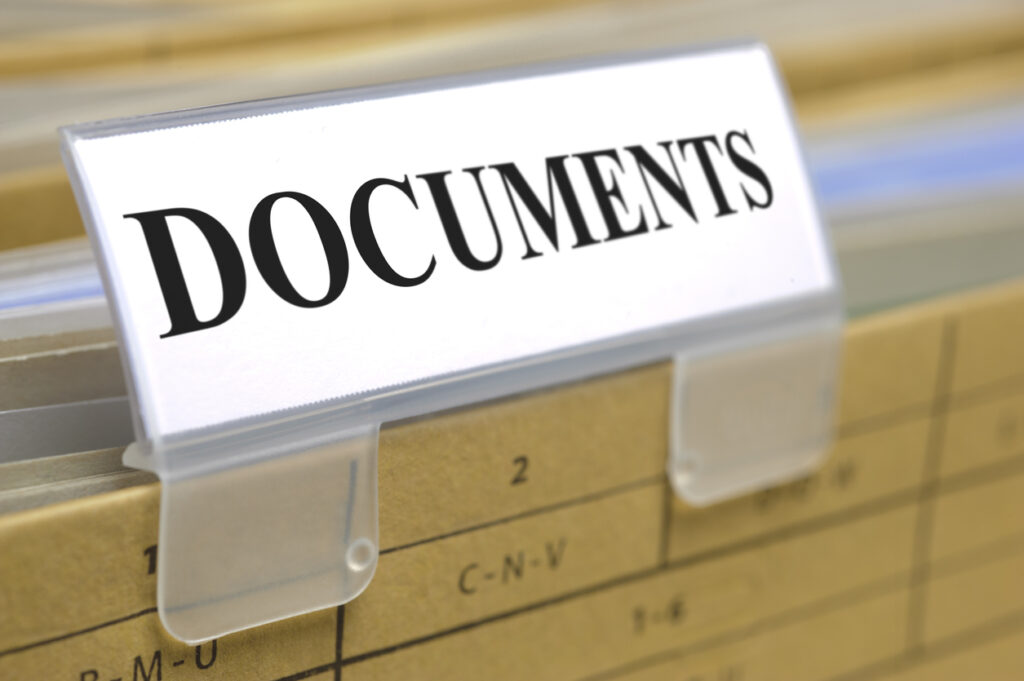By Jeffrey A. Roberts
CFOIC Executive Director
Unlike a draft circulating at the state Capitol since mid-March, the introduced version of a bill amending the Colorado Open Records Act would not affect public records fees, which are set to rise with inflation in 2024.
Senate Bill 23-286, sponsored by Democratic Sen. Chris Hansen of Denver, does not contain previously floated language giving news organizations a break on costs nor does it give state agencies and local governments more time to respond to CORA requests made by members of the public and commercial entities.
The measure, posted late Monday on the General Assembly’s website, still addresses some other issues in the circulated draft, including requiring records custodians to accept credit cards or electronic payments for records provided under CORA (if they already take them for other products or services) and prohibiting the charging of per-page fees for records provided in digital formats such as PDFs.

It also would ensure the public disclosure of the final report of any government-authorized investigation into alleged workplace sexual harassment by an elected official.
The Colorado Press Association and the Colorado Freedom of Information Coalition provided input on the bill, hoping to curb the often-high cost of obtaining public records in Colorado. But there was considerable opposition from government lobbyists to changing CORA’s current fee structure.
“Going into this process, addressing the rising fees charged to requesters was our top priority,” said Tim Regan-Porter, CEO of the press association. “Unfortunately, after months of discussions with multiple parties, we could not get enough support from other entities to present a bill that addressed costs and would be likely to pass. The Colorado Press Association continues to believe that costs are a major barrier for the press and public to obtain information that is by law public.”
CFOIC has tried for years to call attention to expensive CORA charges and last summer pointed out that soaring inflation could boost the maximum hourly rate governments are allowed to charge people for filing records requests — currently $33.58 — to $40 or more when Legislative Council recalculates it on July 1, 2024, as the law requires.
The language in the previous bill draft would not have stemmed fees for the general public but instead cut the research-and-retrieval rate in half for requesters who fit a definition of “news media.” Some journalists balked at having state lawmakers define who is considered part of the news media.
“The thorny question of what constitutes ‘real’ journalism practiced by ‘real’ journalists becomes dangerous, especially when the information gatekeepers get to judge their questioners,” wrote Aurora Sentinel editor Dave Perry in a recent column.
The previous draft also would have set longer deadlines for governments to respond to CORA requests, depending on the type of requester. Requests made by members of the news media still would have been subject to the current deadline of three working days, but records custodians would have had seven working days to fill non-commercial requests made by the public and 14 working days to fill commercial and out-of-state requests.
The different deadlines were an attempt to appease state and local officials who say political operatives, law firms and “data miners” — some from out of state — often overwhelm their records custodians with burdensome, time-consuming records requests.
Regan-Porter said the introduced version of the bill still “modernizes CORA and fixes a number of problems in its application,” and he thanked Hansen and the other sponsors for their work on the legislation.
Among the provisions that made it into SB 23-286:
- The credit card/electronic-payment requirement addresses frequent complaints from journalists who are sometimes made to send checks or deliver them in person to obtain public records. This provision applies only to custodians of CORA records, not criminal justice agencies or the courts.
- State agencies would be required to keep electronic messages for at least the length of a proceeding unless their records management program requires a longer retention period. The bill also requires them to keep all email messages that may be responsive to a CORA request “until the request for records and any subsequent appeals are resolved.”
- The provision on sexual harassment reports involving elected officials would likely address circumstances such as last year’s court ruling on an investigator’s report about allegations against Denver school board member Auon’tai Anderson. A judge found that redacted portions of the 96-page report could not be publicly disclosed because of CORA’s exception for records of sexual harassment complaints and investigations.
- The definition of “electronic mail” in CORA is changed to “electronic communication” to encompass all forms of electronic communications.
- If a record can be transmitted in a digital format, a records custodian would be required to send it to the requester by electronic communication “unless otherwise requested by the requester.” Custodians would be prohibited from converting a digital record into a non-searchable or non-sortable format prior to transmission.
- A discretionary CORA exemption would let records custodians withhold telephone numbers or email addresses “provided to an elected official for the purpose of future communication with the elected official.” CORA already allows the withholding of email addresses provided by people to agencies, institutions or political subdivisions of the state.
Follow the Colorado Freedom of Information Coalition on Twitter @CoFOIC. Like CFOIC’s Facebook page. Do you appreciate the information and resources provided by CFOIC? Please consider making a tax-deductible donation.




